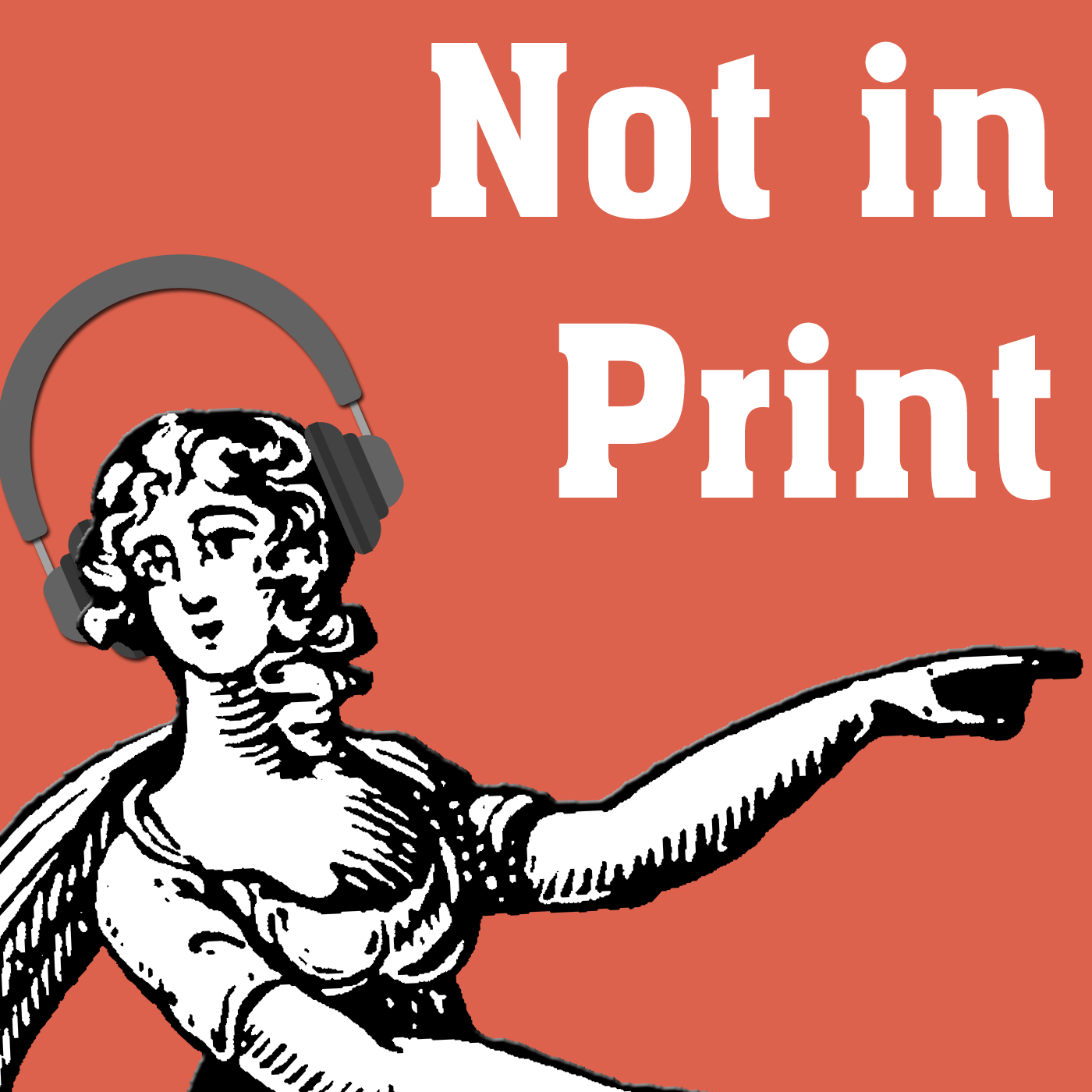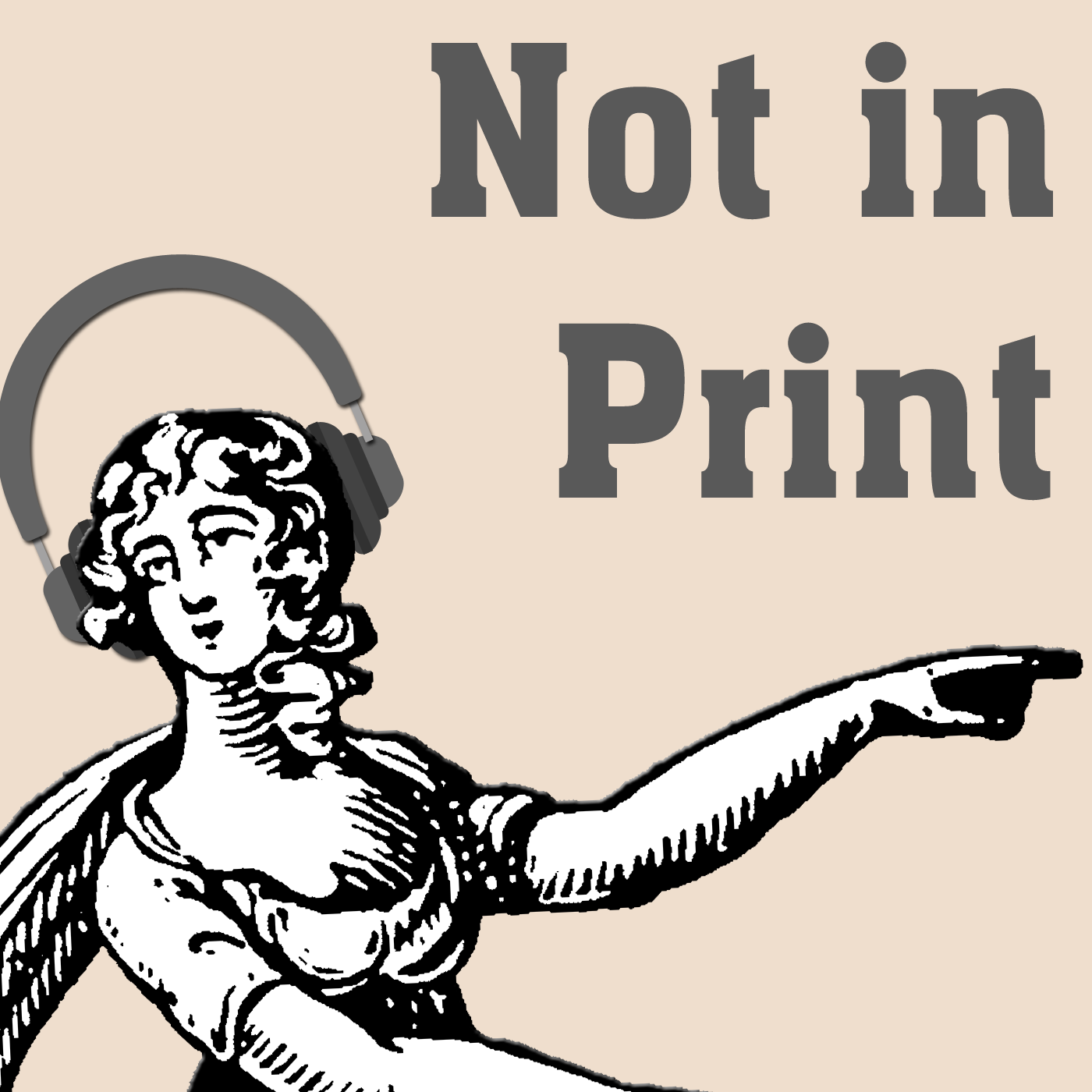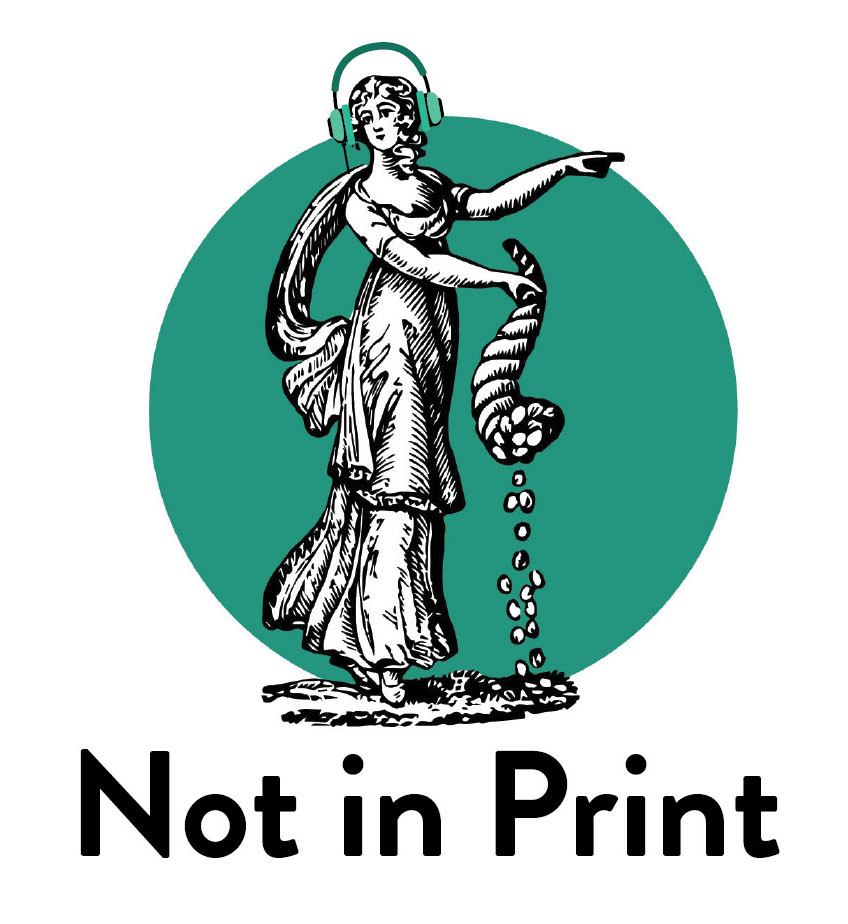
Episodes

Tuesday Jul 21, 2015
Tuesday Jul 21, 2015

Saturday Mar 14, 2015
Saturday Mar 14, 2015
Alex Buzo was born in Sydney and educated at the University of NSW. In the late 1960s his early plays Norm and Ahmed, Rooted and The Front Room Boys pioneered a revival of Australian theatre. Macquarie and other historical plays such as Big River and Pacific Union helped to popularise the themes of our individual and national maturity. Buzo's books Tautology, The Longest Game, The Young Person's Guide to the Theatre and A Dictionary of the Almost Obvious confirm his reputation as an important recorder of the modern Australian idiom.

Saturday Mar 14, 2015
Wary Asians on a Theme: Dramatising in the Near North l Australian theatre in Asia
Saturday Mar 14, 2015
Saturday Mar 14, 2015
Toby Leon reads an article Alex Buzo wrote for Quadrant Magazine in 2004. It’s called ‘Wary Asians on a Theme: Dramatising in the Near North’ and unpacks the cultural complexities that Buzo encountered when presenting his work in Asia - from India, to Malaysia and Indonesia too - seeing the reactions from audiences, reading local critics’ appraisals of his plays, listening to the directors’ choices about his characters motivation and truth, then trying to make those same choices himself when he directed his play Pacific Union in Jakarta. And of course the piece is brimming with Alex’s insight and humour, both just as sharp as each other.
--
Alex Buzo was born in Sydney and educated at the University of NSW. In the late 1960s his early plays Norm and Ahmed, Rooted and The Front Room Boys pioneered a revival of Australian theatre.Macquarie and other historical plays such as Big River and Pacific Union helped to popularise the themes of our individual and national maturity. Buzo's books Tautology, The Longest Game, The Young Person's Guide to the Theatre and A Dictionary of the Almost Obvious confirm his reputation as an important recorder of the modern Australian idiom.

Wednesday Jan 21, 2015
Stories of Love and Hate: When do they collide? l Headphone verbatim theatre
Wednesday Jan 21, 2015
Wednesday Jan 21, 2015
Roslyn Oades is well known for her pioneering work in the field of headphone verbatim and audio-driven performance, taking real life and fusing it into storytelling. As an artist, Roslyn harbors a long-term fascination for vocal patterns and moonlights as a well-known cartoon character voice performer—including major roles on the animated TV series Tracey McBean, Bananas in Pyjamas and Zigby. She has also worked extensively as a TV actor and puppeteer.

Sunday Dec 14, 2014
Sunday Dec 14, 2014
Linda Jaivin is a writer, translator and cultural commentator. She is the author of eleven books and a frequent contributor to respected publications, including The Monthly. Her first novel was the comic-erotic international best-seller Eat Me. Her seventh and most recent novel is The Empress Lover.
Her non-fiction includes Confessions of an S&M Virgin and the China memoir The Monkey and the Dragon as well as Beijing, which has just been published as part of Reaktion Press’s Cityscopes series. She is also a literary translator from Chinese, specialising in film subtitles, and an editorial consultant to the ANU's Australian Centre on China in the World.

Thursday Oct 16, 2014
The Secret River: Our history is contested space l Classic Australian theatre
Thursday Oct 16, 2014
Thursday Oct 16, 2014
William Thornhill: Born into brutal poverty in London in the late 18th century and transported to the Colony of New South Wales for theft in 1806. After earning his freedom he brings his wife and children to the Hawkesbury River where they ‘take up’ 100 acres of land, only to discover that it’s not theirs to take.
--
Andrew Bovell writes for the stage, television and film. In 1992 he wrote the original screenplay for Strictly Ballroom and in 2001 he went on to adapt his stage play Speaking in Tongues in to the feature film, Lantana. The film premiered at the Sydney Film Festival in 2001 and went on to screen at numerous international film festivals winning many awards. Most recently Andrew adapted John Le Carre’s novel A Most Wanted Man.
His theatre credits include Scenes from a Separation (with Hannie Rayson); Speaking in Tongues, which premiered at Griffin Theatre in 1996 and has had over 50 other productions worldwide; Holy Day, which won the Louis Esson Prize for Drama at the Victorian Premier’s Literary Awards and the AWGIE Award for Best Stage Play (2002); and When the Rain Stops Falling, which won Queensland and Victorian Premier’s Literary Awards for Best Play, the Adelaide Critics Circle Individual Award, Sydney Theatre Award for Best New Australian Work and 3 Greenroom Awards including Best New Writing for the Australian Stage.

Thursday Sep 04, 2014
Thursday Sep 04, 2014
Brothers Wreck is about life, even though it begins with a death. On a hot morning under a house in Darwin, Ruben wakes to find his cousin, Joe, hanging from the rafters. What follows is the story of a family buffeted by constant tragedy, holding itself together. And little by little, they bring Ruben back from the edge.
--
Jada Alberts is a Larrakia, Bardi, Wadaman and Yanuwa performer from the Top End of Australia. She graduated in 2006 from the Adelaide Centre for the Arts and in 2007 won the Adelaide Critics’ Circle Award for Best Emerging Artist. Jada has appeared on stage in Frost/Nixon, The Birthday Party, Second to None and Yibiyung; most recently she played Goneril in the national tour of The Shadow King. Jada appeared in the feature film Red Hill and on television in Rush Series III, Redfern Now, Wentworth and the upcoming Wentworth Series II. Jada is also an accomplished musician and painter of contemporary Indigenous art, and in 2013 she won the Balnaves Foundation Indigenous Playwrights Award.

Tuesday Jul 29, 2014
Tuesday Jul 29, 2014
At the heart of Shafana and Aunt Sarrinah is the relationship between an aunt, Sarrinah, and her niece, Shafana. Both devout Muslims, the younger woman wants to put on a headscarf, the older woman tries to dissuade her. For Sarrinah, the hijab represents a world from which she has escaped; for her niece, Shafana, it is a personal statement of renewed faith.
--
Alana Valentine is one of Australia’s most renowned and respected playwrights. Her work for the stage includes Grounded, Cyberbile, Run Rabbit Run, Parramatta Girls, Eyes to the Floor, Watermark, Swimming the Globe, The Conjurers, Comin’ Home Soon, Dead Man Brake, Singing the Lonely Heart and Savage Grace.
Her writing has been awarded many times, including the Queensland and NSW Premier’s Awards, five AWGIE awards, including the inaugural David Williamson Prize and the Major AWGIE in 2013, the Rodney Seaborn Playwrights Award, a residency at the Banff Playwrights Conference in Canada, the ANPC/New Dramatists Award, a Churchilll Fellowship, a Centenary Medal and an International Writing Fellowship at Shakespeare’s Globe Theatre in London. In 2012 she won the prestigious STAGE Award—judged by Pulitzer Prize winning playwrights and Nobel Laureates—for her play Ear to the Edge of Time.

Tuesday Jul 29, 2014
Tuesday Jul 29, 2014

Sunday Jun 01, 2014
Radiance: Families are full of secrets l Classic Australian theatre
Sunday Jun 01, 2014
Sunday Jun 01, 2014
Cressy, Mae and Nona are half sisters with little in common bar the ghosts from their childhood. They return to their childhood home on the eve of their mother’s funeral. The tropical Queensland landscape is the spectacular backdrop for their turbulent and often humourous reunion. And they discover a surprising bond that is stronger than the pain of their history.
--
Louis Nowra is one of Australia’s most successful writers. He has penned novels, crafted film scripts, authored two memoirs and worked as a librettist, but he is perhaps best known for his plays. Since the early 1970s he has created over 30 stories for the stage; several of them have earned a rightful place in the Australian dramatic canon, and our hearts. They include Summer of the Aliens, Cosi, The Golden Age, The Temple and Albert Names Edward.
